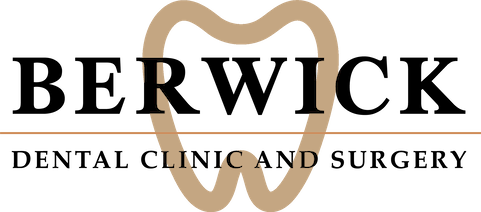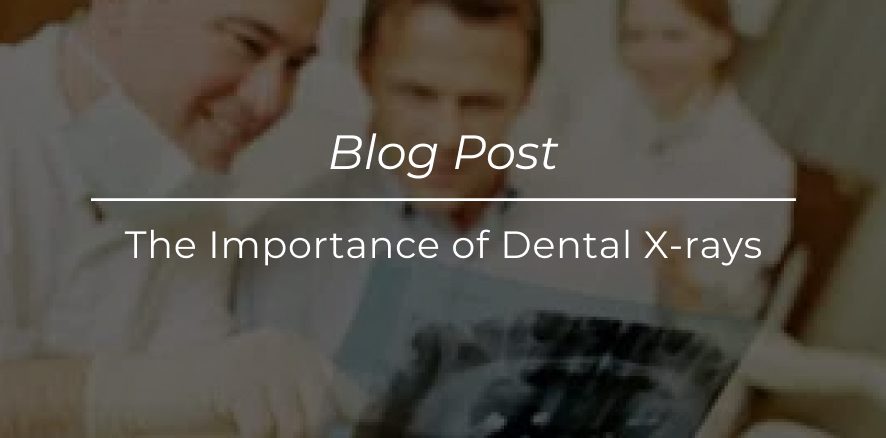Among the most helpful advances in oral health has been the use of X-ray. Dental X-rays are an essential diagnostic tool. They provide the dentist with a variety of critical data.
X-rays are a form of energy. They’re related to sunlight, radio waves and the heat generated by an electric stove element.
A visual exam doesn’t tell the dentist everything they need to know. X-rays supply a more complete picture. They can often detect problems before symptoms arise. By catching and addressing problems early, it may save you time, money and discomfort. Plus, it can help prevent more serious health problems.
We use dental X-rays to detect or rule out a variety of oral health issues:
Tooth decay – Areas of decay show up as dark spots in X-ray images. X-rays are especially helpful by revealing hard-to-see decay between teeth.
Periodontal disease – Infection around the root of a tooth can occur below the gum line. Naturally, X-ray imaging must be used to see what’s going on.
Cracks in teeth and fillings – Hairline cracks are often invisible to the naked eye, but become more obvious on X-ray. This is often an early sign that a crown will be needed to save the tooth.
Cysts – Lumps, polyps, nodules and soft tissue growths below the gum line can be more readily seen with routine X-rays.
Cancer – Bone and other types of cancers can be identified at an early stage, improving treatment options.
Infection – X-rays can reveal certain bacterial infections. They become useful for detecting the possibility of a failed root canal.
Bone loss – X-ray is an essential tool when diagnosing advanced cases of periodontal disease.
Impacted teeth – X-rays can show the exact position of teeth that have not erupted yet. X-rays reveal their location and direction.
Unerupted teeth – As children mature, X-rays confirm the position of permanent teeth. They also show any blockages to their proper eruption.
Clearly, X-rays give the dentist a lot of valuable information.
If you’re a new patient, taking a full series of X-rays provides an important starting point for your care. As you continue with regular checkups, fewer X-rays are usually needed.
Today’s dental X-ray procedures are designed to minimise radiation. So, exposure is negligible. Especially in light of how much information they can provide.
Dental X-rays may seem like a lot of trouble or an extra expense. But when it comes to providing quality dental care they are as important as regular teeth cleanings.

